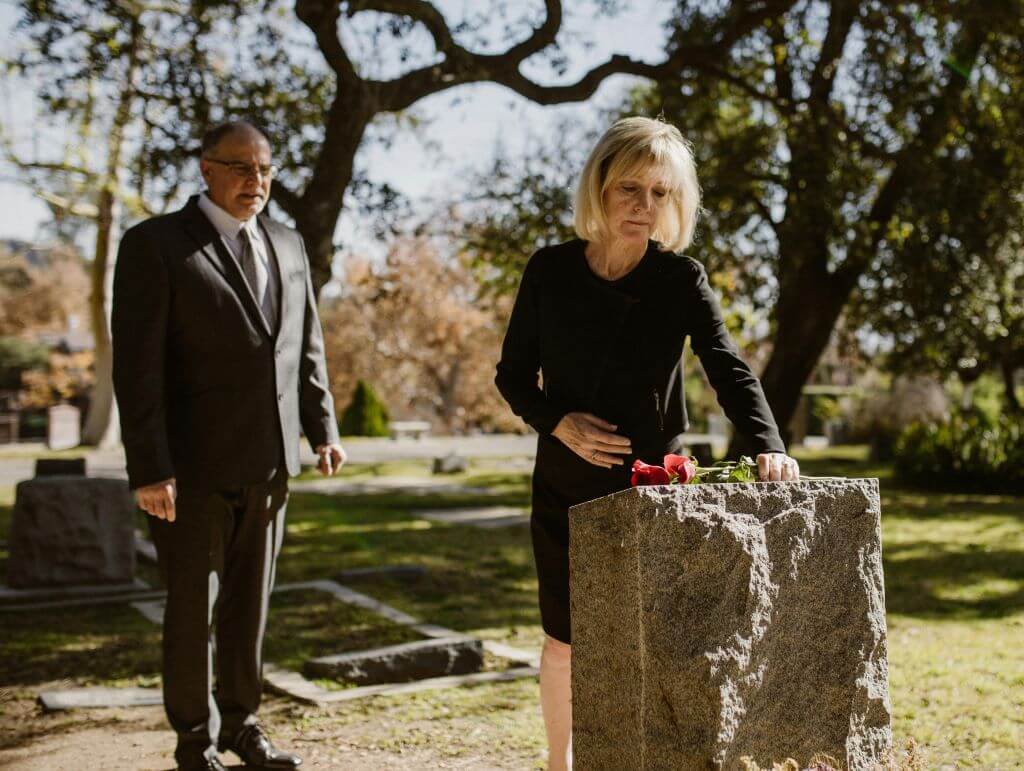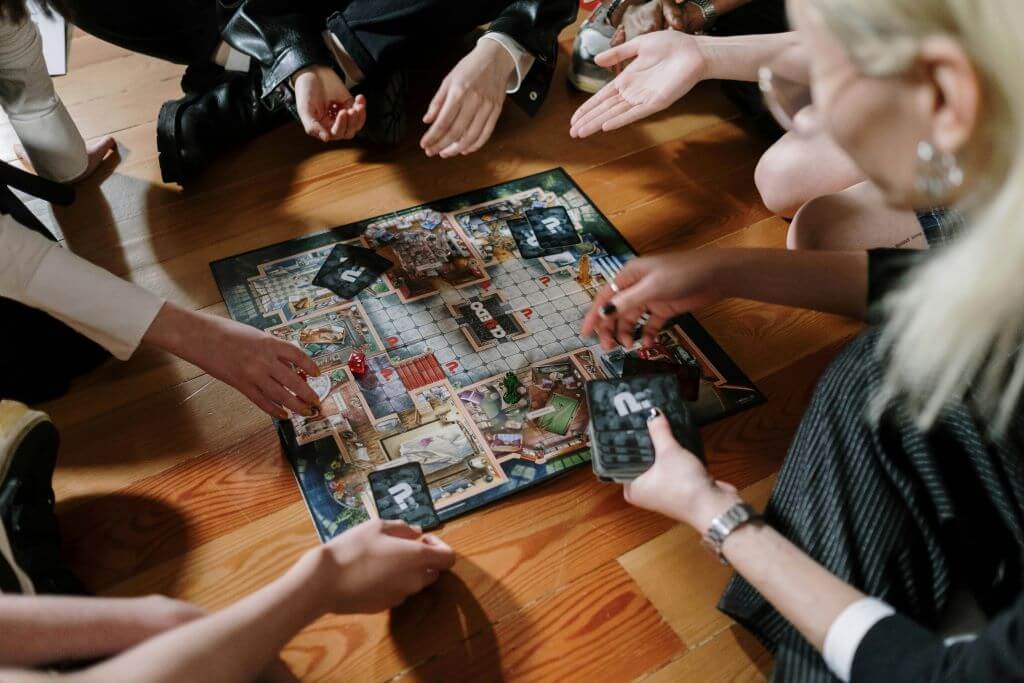Grief and loss are powerful emotional experiences that affect people of all ages and from all walks of life. Older adults, however, may face a unique set of challenges that can complicate the grieving process. Getting older brings with it an increasing frequency of deaths of loved ones and long-time friends, as well as changes in health and independence. It’s important that caregivers understand how to support these older adults through these difficult passages of time.
A ScienceDirect research paper reports that there is a distinctly higher prevalence of prolonged grief disorder (PGD) among older adults after a significant loss. The loss of a spouse or close companion is also a significant risk factor for social isolation, which can have severe mental and physical health implications.
In this guide, we’ll explore the emotional, physical, and psychological roller coaster of grief and loss in older adults and discuss actionable strategies for caregivers to provide effective and compassionate support.
Understanding Grief and Loss in Older Adults
Grief is the body’s natural response to loss. It manifests as an emotional mix of sadness, anger, confusion, and sometimes relief, especially in cases where the deceased suffered a prolonged illness. For older adults, periods of grief may be more frequent and intense due to the severity of losing long-time loved ones in later life.
The five stages of grief—denial, anger, bargaining, depression, and acceptance—often serve as a reference for understanding the grieving process. However, grief does not follow a linear timeline; older adults may experience some stages repeatedly or skip others altogether. This individuality emphasizes the need for flexible and empathetic caregiving.
Older adults may experience a more varied set of impacts from grief, and in cases of complicated grief, according to a Mayo Clinic article, physical health, emotional stability, and cognitive function can all be affected.
Physical Health Decline. Grief can weaken the immune system, making older adults more susceptible to infections and chronic conditions like cardiovascular disease.
Mental Health Issues. Depression rates among bereaved older adults are significant, with nearly 20% experiencing major depressive episodes in the first year after a loss.
Cognitive Challenges. Grief can temporarily impair memory, focus, and decision-making abilities, complicating daily life.
Increased Risk of Mortality. Research suggests that older adults are at an increased risk of dying in the months following the death of a spouse, a phenomenon often referred to as "the widowhood effect".
Strategies for Caregivers
Grief is a deeply personal process, and there isn’t a “one-size-fits-all” template that caregivers can follow when supporting an older adult through it. The caregiver’s role, however, is vital at a time when their patient is particularly vulnerable. Here are practical strategies that may help guide them through their journey.
Encourage Open and Honest Communication
Talking openly about grief and loss usually helps people process their emotions. Conversations about shared memories, personal fears, and hopes for the future can shift the focus and promote healing. Grief support groups provide a safe space where individuals can share experiences in an understanding environment.
Use empathetic and nonjudgmental language. Validate their feelings; there is no “wrong” way to grieve. Be patient, as older adults may need time to articulate complex emotions.
Promote Physical Activity
Grief often leads to fatigue and lethargy, but physical activity can counteract these effects. Simple exercises like walking, chair yoga, or gardening provide emotional and physical benefits, such as reducing stress and improving sleep. Many studies have reported that older adults who engage in regular physical activity show a significant increase in emotional resilience.
Look at exercises that take into account the abilities and health status of your loved one. Short walks in nature or low-impact exercises like Tai Chia are great ways to reduce stress and relax. Participating in group exercise sessions also provides social engagement opportunities.
Encourage Healthy Routines
Predictable routines create a sense of stability during periods of upheaval. Encouraging older adults to maintain regular meals, consistent sleep schedules, and daily activities can help them regain control over their lives. Routine provides grounding, which is crucial when other aspects of life feel unpredictable. They provide a sense of purpose and distraction from negative thought patterns.
Dealing with Complicated Grief
While grief naturally diminishes over time, some older adults may develop prolonged grief disorder (PGD). This condition, also known as complicated grief, involves an intense, persistent longing for the deceased that interferes with daily functioning. A study published in the National Library of Medicine found that 49% of bereaved adults develop PGD.
Look out for these tell-tale signs of complicated grief:
- Inability to accept the loss.
- Avoidance of reminders of the deceased.
- Intense feelings of bitterness or anger.
- Withdrawal from social or occupational activities.
Seek professional help if any of these symptoms have persisted for more than six months. Counseling, medication, and support groups can provide relief and facilitate the grieving process.
Building Emotional Resilience
Emotional resilience significantly improves a person’s ability to cope with loss. It doesn’t eliminate pain but provides people with tools to process it more effectively.
Reestablish Community Engagement
Grief and loss can sometimes lead to isolation, which in turn exacerbates grief. Social connections provide emotional nourishment, which can prevent or break this mental tailspin. Encourage older adults to engage with their community through volunteering, attending social events, or reconnecting with old friends.
Therapy and Counseling
Psychotherapeutic interventions, such as cognitive behavioral therapy (CBT) or complicated grief therapy (CGT), are tailored to help bereaved people process their loss, reengage with life, and develop adaptive coping mechanisms. These therapies have proven more effective in addressing grief-related symptoms than traditional grief counseling.
Conclusion
C.S. Lewis said, "No one ever told me that grief felt so like fear." What he meant was the journey through grief is one of life’s most profound and scary challenges, especially for older adults who may face cumulative losses. It requires resilience, patience, and an unyielding sense of hope.
As caregivers, your role is more than just supportive—it is transformative. By understanding, connecting, and encouraging, you can help older adults rediscover joy and purpose after loss. In the words of Anne Roiphe, "Grief is in two parts. The first is loss. The second is the remaking of life." You, the caregiver, have a key role to play in that remaking.
At LL Medico, we thoroughly understand the unique challenges that older people may face from time to time. We also understand the additional responsibilities that caregivers have when older adults experience grief and loss. While we cannot offer hands-on support, we can try to relieve some of the pressure of worrying about care supplies.
We carry a wide range of senior care products, such as adult diapers for patients with incontinence, mobility devices to assist in keeping them active, and nutritional supplements for optimal nutrition. With our Autoship feature, you can schedule deliveries, so you never have to worry about running out. Call us today at (855) 422-4556 or email support@llmedico.com. We’ll be glad to help.






 855-422-4556
855-422-4556 Chat
Chat E-Mail
E-Mail Monday - Friday 9:00AM to 5:00PM EST
Monday - Friday 9:00AM to 5:00PM EST






 Shopping With LL Medico
Shopping With LL Medico



 855-422-4556
855-422-4556